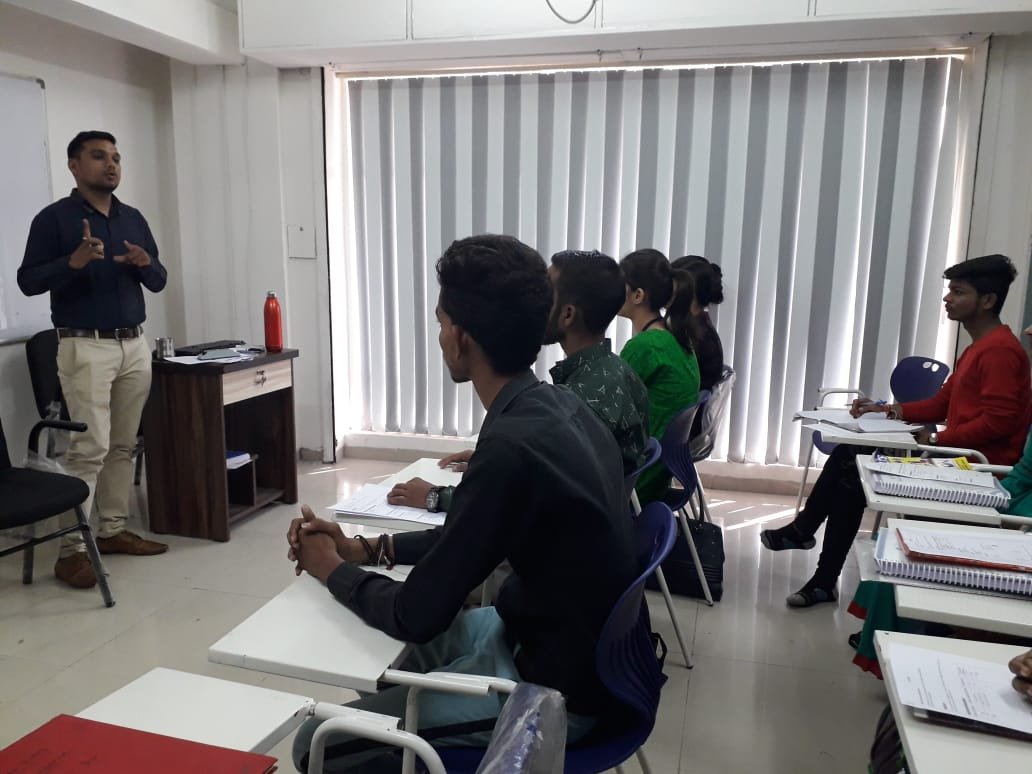Introduction of posh act / Background
History:
- The Sexual Harassment of Women at Workplace (Prevention, Prohibition and Redressal) Act, 2013 (“POSH Act”) was enacted as complete legislation to provide a safe, secure and enabling environment, free from sexual harassment to every woman.
- This law was enacted to fill the legislative void which had been partially addressed by the judiciary in Vishaka and Others v. State of Rajasthan and Others(1997 (7) SCC 323). In this seminal public interest litigation verdict, the Supreme Court of India had framed a set of guidelines (“Vishaka Guidelines”) for dealing with instances of sexual harassment at the workplace, which has now been codified in the POSH Act.
- Under the POSH Act, an employer is legally required to fulfill certain statutory requirements.
- One of these is the constitution of an Internal Complaints Committee (“ICC”), a body predicted to receive complaints on sexual harassment at the workplace from an aggrieved woman, as well as to inquire into and make recommendations to the employer on the action required pursuant to its inquiry of such complaint made.
- The following discussion highlights key aspects that must be allowed in mind by an employer seeking to constitute an ICC in compliance with the POSH Act.
The requirement to Constitute ICC:
- Any establishment employing 10 or more employees is required to constitute an ICC by an order in writing by the employer.
- However, this numerical threshold has not been clearly stated amongst clauses of the POSH Act affecting the creation and working of the ICC.
- Rather, this has to be conditional from a harmonious reading of the law, namely provisions directing the government to form a Local Complaints Committee at each district, which committee is tasked with discharging functions similar to an ICC in relation to organizations with less than 10 employees, or otherwise where a complaint has been filed against an employer.
- This interpretation is further supported by official press releases and reading material issued by the Ministry of Women and Child Development, Government of India.
- In this regard, it must be noted that the definition of employee under the POSH Act is broad, and encompasses persons employed on a temporary, ad hoc, or daily wage basis, and includes apprentices, trainees, volunteers, and persons employed at a workplace through an agent or contractor. The term employer has also been defined in the context of governmental organizations, private sector organizations, and households. With regard to the private sector, an employer is understood to mean any person responsible for the management, supervision, and control of the workplace, with a further clarification that the person, board or committee responsible for formulation and administration of the policies of an organization would be included under the domain of ‘management’.
- Employers should also note that the POSH Act does not specifically provide any timeframe for compliance upon its applicability being attracted – for instance, a period of thirty days upon the threshold of ten employees is reached. Accordingly, an employer should take care to constitute an ICC simultaneously with such employee headcount being achieved.
- With a view to track the implementation of such statutory requirements and to ensure that the issue is brought to the attention of the board of directors of companies, the Ministry of Women and Child Development made certain recommendations to the Ministry of Corporate Affairs with regard to corporate reporting requirements.
- Pursuant to such recommendations, the Ministry of Corporate Affairs notified the Companies (Accounts) Amendment Rules, 2018 (“Companies Rules”), issued under Section 134 of the Companies Act, 2013 in order to ensure safe workplaces for women in the private sector. With effect from July 31, 2018, the Companies Rules were amended to include the following mandatory disclosure in the board’s report of every company:
“A statement that the Company has complied with provisions relating to the constitution of Internal Complaints Committee under the Sexual Harassment of Women at Workplace (Prevention, Prohibition and Redressal) Act, 2013”

Accordingly, as per the amended Companies Rules, the above statement (on the status of the company’s compliance with the requirement to constitute an ICC under the POSH Act) is required to be included in the directors’ responsibility statement, which forms a part of the company’s annual report.
What is ICC?
An IC, as the name suggests, is an internal committee of a workplace to receive and redress complaints of sexual harassment. It is required to consist of a minimum of four members:
- A Presiding Officer who has to be a woman employed at a senior level at the workplace. She has to be from amongst the employees.
- Two Members from amongst employees. The law says that for these two members, employers should prefer to have employees who are committed to the cause of women or who have had experience in social work or have legal knowledge.
- One Member from amongst non-governmental organizations or associations committed to the cause of women or a person familiar with the issues relating to sexual harassment (“External Member”). The law also states that at least half of the total Members of the IC should be women.
Who can be an External Member?
Anyone from amongst NGOs or associations that are committed to the cause of women or a person familiar with the issues relating to sexual harassment.
Is there any fee for the External Member?
Yes, the External Member appointed from amongst the NGOs or associations is entitled to an allowance by the employer, of Rs. 200 per day for holding the proceedings of the IC and also the reimbursement of travel cost.
How to constitute an IC?
Every employer of a workplace has to constitute an IC by an order in writing.
Is there a term for the IC?
Yes, all the IC members can hold office for three years.
Can an IC member be removed before completion of the term?
Yes, the law provides for certain situations in which an IC member can be removed from the IC before completion of the term. The vacancy has to be refilled in accordance with the provisions of the law.
Shivam Jha
HR Ignite
(Industrial relation Advisor and professional)
HR Ignite Services:-

- HR Generalist Practical Training- Online | Classroom
- HR Labour Law Practical Training with Case Studies – Online | Classroom
- Free HR Job Portal for HR Hiring | HR Vacancy
- Advance Excel Course- Online | Classroom

Click on the link to Join Our WhatsApp Groups for HR-IR updates & Jobs:
-The Moment you think you are out of Resources; you still have one thing, Will to Win.Ignite it

